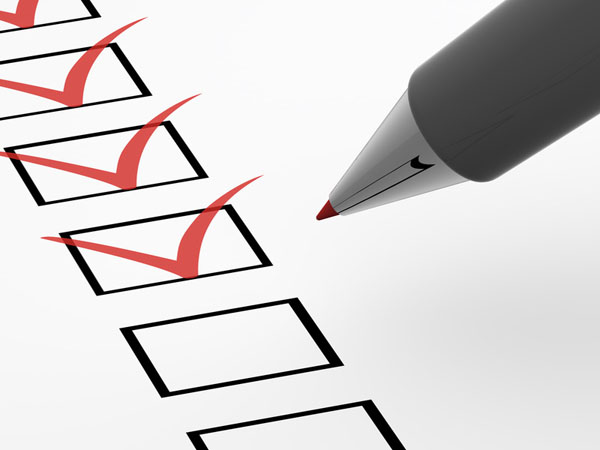Although there are some factors that will always remain the same, your event planning checklist will be highly dependent upon the type of event that you are planning for. Weddings and birthday party checklists may include a great deal more of personal items, while the planning of a corporate event, such as a conference or meeting, will often have a strict schedule outlining specific company requirements. Whatever event you are planning, it is important to be aware of the commitment and dedication required, in order to achieve a successful outcome. While being the main organiser of an event can be stressful, professional event management companies can often assist in providing a more enjoyable and relaxed experience.
Planning for a Special Occasion
If you are organising a special occasion, your event checklist should be personal to your needs and desires. If you opt to employ the services of an event management company, make sure that you find one that will listen to your requests and help to make your dreams come true. As with all event planning checklists, you should include a budget, a timeline, all important dates and any other information that is vital for the success of your occasion. Creating an event planning portfolio is a great way to ensure your checklist is working out as planned. Keep all contact details for any suppliers you may be using, along with the details for your function venue, in your event folder. A checklist for your special occasion should also include the details for any purchases that have been made, or need to be made before the event. Items that will commonly be included within the purchases section of your checklist will include balloons, table centre pieces, banners, party favours and flowers, just to name a few.
Organising a Conference or Meeting
As with organising a special event, the organisation of a corporate conference or meeting should include an organised checklist, containing all important details, along with the contact details of venues and suppliers. With all functions, it is important to include a checklist that has been specifically designed for a week prior to the event. Your final checklist should include the confirmation of venue reservations, guest numbers, suppliers and entertainment, along with the creation of any programs or flyers that need to be distributed at the event.
Many conferences and other corporate events will include guest speakers and the displaying of promotional materials. Your event checklist should include details confirming the arrival times of guest speakers, along with the delegation of who will be setting up and/or distributing any promotional materials. Planning a corporate event can be particularly stressful and can often cause the organiser a great deal of anxiety. If you aren’t willing to risk the success of your next corporate event, employ the services of a professional event management company who will ensure that your day runs as smoothly as possible.
Tara Blair is an accomplished blogger on business, marketing and sales, having written for many publications throughout her professional career. She recommends creating a checklist as one of the first things you do for your event. Sticking to it and ticking off crucial activities is the easiest way to stay on track and run a successful event. Further to this, using an event planning company such as DNA Event Management (http://www.dnaeventmanagement.com.au/) is also something she recommends for inspiration and management of your event.

